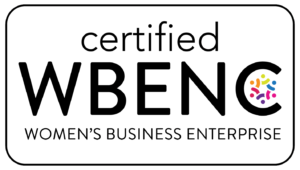If you’ve been following our blog, you know we’ve devoted considerable attention to Emotional Intelligence (EI or EQ for Emotional Quotient) over the last few months.
Emotional intelligence refers to a person’s ability to understand and articulate his/her own feelings as well as the feelings of others. Those with high EQ have good self-regulation skills and understand how to empathize with the challenges that other people face.
As the world slowly returns to in-person workplace employment and face-to-face meetings, activities, and events, we want to help working college students feel confident about advocating for their own needs and how to understand complicated social and workplace scenarios.
As college students, you have many academic and extracurricular demands on you all of the time. That said, your busy stressful academic/work-life should not lead to the neglect of your emotional well-being.
Daniel Goleman’s ground-breaking work in the 1990s explained the importance of EQ and defined its framework in terms of these five components:
- Self-awareness
- Self-regulation
- Motivation
- Empathy
- Social skills
Take an emotional intelligence test to help you reach your EQ goals. Here’s a self-awareness exercise that you can conduct in your private time:
Set an alarm for various points during the day. When the alarm goes off, stop what you’re doing and take an introspective look at how you’re feeling emotionally. Do you feel anxious about an upcoming exam? Do you feel that your current status of life is lacking? Are you comparing your circumstances to someone else’s? Your anxiety may show up as physical irritation, a headache, or a sense of insecurity. Perhaps you noticed you’ve been distracted from your academic or work assignments.
Meditation helps to improve your intuition and is an effective stress management tool.
Let us know in the comments section of this post if you took an introspective EQ test and if you like. Above all, make it a great day!








